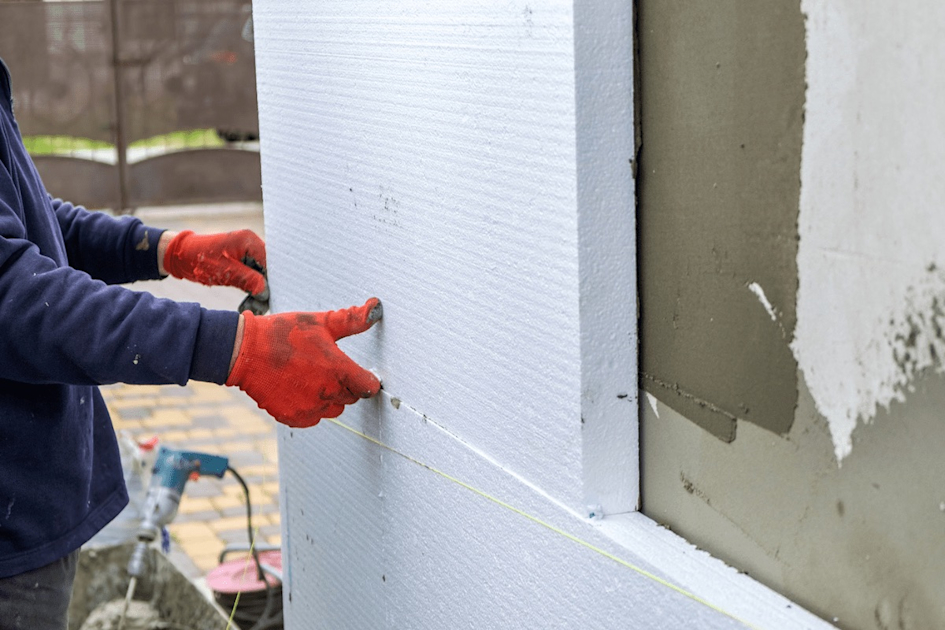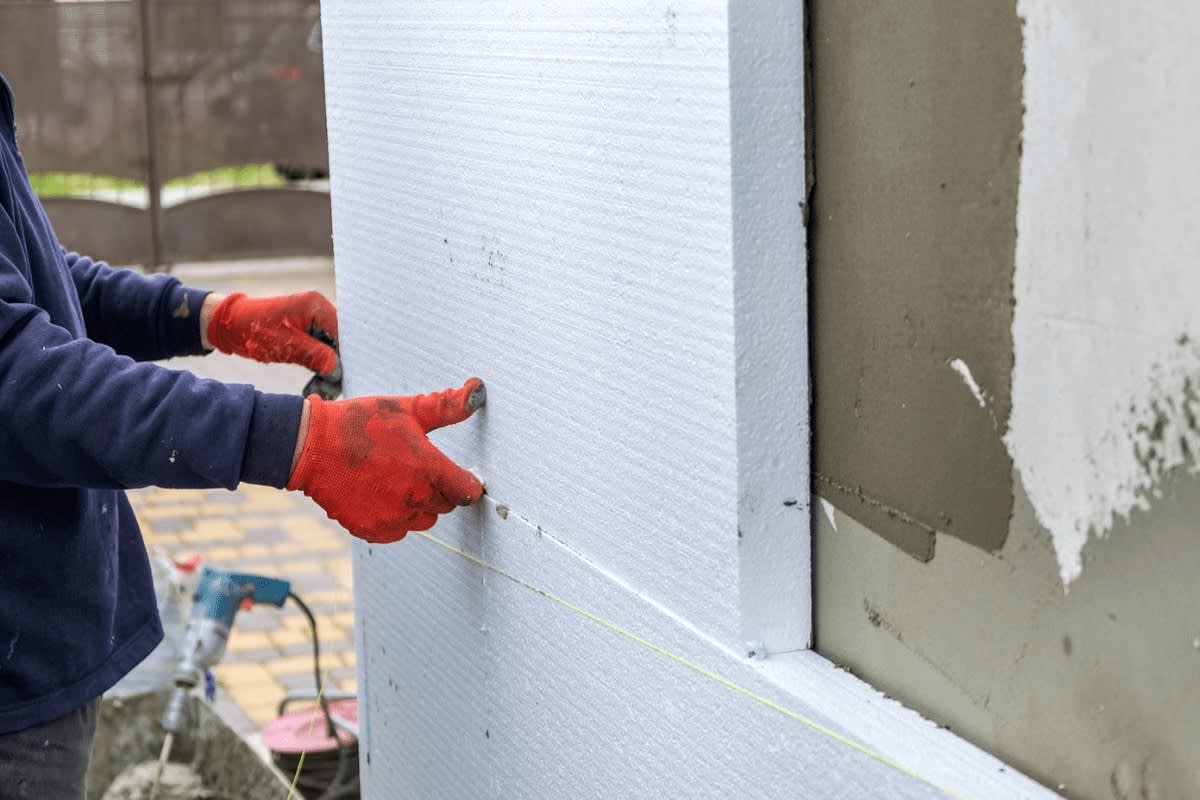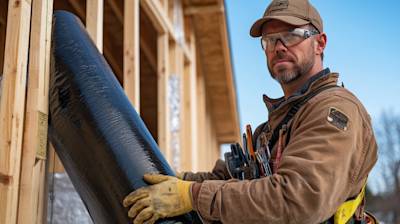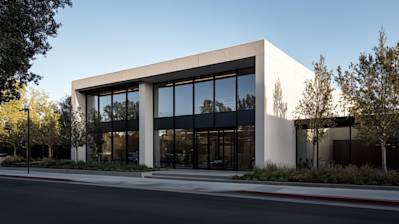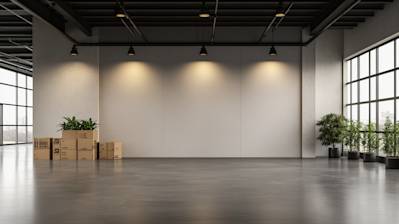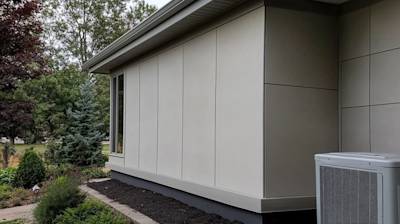Every homeowner wants an efficient, affordable and versatile insulation material for their building. Enter the EPS Insulation Board, an innovative product in the realm of insulation, well-regarded for its reliability and high performance. Understanding EPS Insulation Board and its exceptional features can help you make an informed decision for your construction needs.
Understanding EPS Insulation Board
Let’s start with a fundamental question: What is EPS Insulation Board? Expanded Polystyrene (EPS) Insulation Board, often referred to as beadboard, is a type of insulation material that has seen widespread adoption within the building industry due to its superior insulating properties. EPS Insulation Board is not only energy-efficient, but also environmentally friendly, which makes it a preferred choice for many developers.
Components of EPS Insulation Board
EPS is a closed-cell product, which means it consists of tiny beads that are fused together during manufacturing. Here's what makes up the EPS Insulation Board:
- Polystyrene material
- Pentane gas
- Heat and pressure
The combination of these components creates a final product that offers remarkable insulation properties.
Features of EPS Insulation Board
When considering insulation options, it's beneficial to get accustomed to their features. EPS Insulation board is packed with characteristics that make it stand out in the crowd.
Exceptional Thermal Performance
EPS Insulation Board exhibits R-values that rival those of other insulating materials. The R-value is a measure of thermal resistance, with higher figures translating to better insulation. EPS maintains a stable R-value, making it a reliable thermal barrier throughout the year.
Versatility
EPS is a versatile material that can be used in a variety of applications, including:
- Building insulation
- Packaging for temperature-sensitive materials
- Flotation material for marine construction
Cost-Effective
EPS Insulation Board is affordable compared to other insulation materials. The installation process is straightforward and cost-efficient, which further contributes to its appeal.
Environmentally Friendly
EPS Insulation Board contains no harmful substances. It's free from CFCs, HFCs, and HCFCs, known for their damaging effects on the ozone layer.
Applications of EPS Insulation Board
The versatile nature of EPS Insulation Board has led to its widespread use in a variety of applications in the construction sector.
Roof Insulation
EPS Insulation Board can be used for both flat and sloped roofs. It's lightweight, easy to install, and provides a high R-value.
Wall Insulation
EPS can be used to insulate both interior and exterior walls. It can be applied under or over the wall sheathing, or even directly to the wall studs.
Floor Insulation
Due to its sturdy nature, EPS can withstand high loads with minimal compression. This makes it well-suited for floor insulation in residential, commercial, and industrial buildings.
Foundation Insulation
EPS Insulation Board resists moisture well, making it ideal for insulating foundations and basement walls where dampness can be an issue.
Frequently Asked Questions about Eps Insulation Board
How Does EPS Insulation Board Perform?
EPS insulation boards are recognized for their outstanding insulating properties, often used where high-performance thermal insulation is required. When installed correctly, they reduce the amount of heat that escapes out of the structure during chilly periods, and limit the amount of heat that can come in during warm periods. This effectively makes your home, office, or any space more energy efficient.
What are Some Uses for EPS Insulation Board?
EPS insulation boards are highly versatile and can be used in walls, floors, ceilings, and roofs. They are ideal for both new construction and retrofits in residential and commercial properties. They are also extensively used in creating insulated concrete forms, structural insulated panels, geofoam, and more.
How Does EPS Insulation Board Compare to Other Insulation Types?
Compared to other insulation types such as fiberglass or rock wool, EPS tends to offer several advantages. These include higher R-value (thermal resistance), lower cost, and greater ease of installation. Plus, it is less susceptible to damage from moisture and pests.
Is EPS Insulation Board Moisture Resistant?
Yes, EPS insulation board is highly moisture resistant. It can repel water and withstand damp conditions, which help prevent the growth of mold and bacteria. That said, it's important to note that prolonged exposure to standing water may permeate the boards, which would then need time to dry out.
Can EPS Insulation Board be Recycled?
Absolutely! EPS insulation board is 100% recyclable. It can be ground up and reincorporated into new insulation products or used to manufacture other goods. As a result, using EPS insulation board can contribute to LEED (Leadership in Energy and Environmental Design) credits.
Does EPS Insulation Board Support Combustion?
EPS insulation board itself does not readily support combustion, but it will burn when exposed to a flame source. To enhance its fire resistance, it is often treated with a fire retardant. However, it's always important to respect local building codes related to fire safety when using EPS insulation.
How is EPS Insulation Board Installed?
EPS insulation board is relatively easy to install. Smaller boards can often be cut to size with a knife or hot wire cutter, while larger boards may require a specialized cutting tool. The boards should be fit snugly between studs or joists, and are usually secured with adhesive or mechanical fasteners.
How Long Does EPS insulation Board Last?
EPS insulation board is incredibly durable and can last a very long time. It is not uncommon for EPS insulation to retain most of its insulating properties after 50 years or more, providing great long-term value for property owners.
What Sizes Does EPS Insulation Board Come in?
EPS insulation board typically comes in sizes ranging from 1/2 inch to 24 inches in thickness. The precise dimensions may vary depending on the manufacturer and specific product line. However, it can also be custom cut to meet specific requirements of your projects.
Pros of EPS Insulation Board
Easy Installation
Time-Saving
One notable advantage of EPS insulation board is its easy and quick installation procedure. Contractors, homeowners, or DIY enthusiasts require minimal time to install it in comparison with other options. This is vital in reducing labor and project timeline, hence saving on overall project costs.
No Special Tools Needed
The installation of EPS insulation board does not require specialized tools. Standard tools used in construction such as handsaws or utility knives usually suffice. EPS's ease of cutting and installation means less need for expertise or experience hence lower labor costs.
Cost-Effective
Energy Efficiency
EPS insulation board creates high energy efficiency. It can retain heat effectively, reducing the need for artificial heating, hence saving on energy expenses. The energy-saving performance of EPS insulation boards is commendable and stands as a reason for its popularity.
Low Total Cost
The total cost, involving purchase, delivery, and installation, is comparatively less. The materials' light weight reduces transportation costs. The easy installation process means reduced labor costs. The total operational cost in the long run, considering energy savings, is thus quite affordable.
Versatility
EPS insulation boards exhibit versatility in use. Constructors primarily use them in roofs, foundations, and walls, but can also apply them in different surfaces like concrete slabs. They also work excellently in remedial insulating applications.
Resistance
Water Resistant
EPS insulation boards are resistant to water and moisture, maintaining their thermal resistance even when exposed to water. This property prevents any damage to the insulation, increasing its durability and performance over the years.
Pest Resistant
EPS insulation board is not a source of food for rodents or pests, enhancing its durability. However, this does not mean pests won't burrow through it, and it is advisable to have professional extermination in case of pest problems.
Cons of EPS Insulation Board
Environmental Compatibility
Non-Biodegradable
One major disadvantage of EPS insulation board is that it is non-biodegradable. It lasts numerous years, which might seem beneficial initially, but it poses a challenge when it comes to the disposal of these boards.
Greenhouse Gases
During the manufacturing process, EPS insulation board emits greenhouse gases, which contribute to climate change. Although there have been advancements to reduce the amount released, the emission cannot be completely eliminated.
Structural Integrity
Low impact resistance
EPS insulation boards have poor resistance to impact, and hence, it must be protected from any potential impact. Lack of necessary protection can reduce the insulation and aesthetic value of the board.
Suboptimal Compression Strength
Usually, the compression strength of EPS insulation boards is lower than other insulation materials such as Extruded Polystyrene (XPS) or Polyisocyanurate (PIR). This can limit its applications, particularly where high compressive strength is necessary.
Fire Hazard
EPS insulation boards are flammable, and fire incidents can lead to the release of toxic gases. Therefore, they need to be used with care and installed according to local fire regulations.
Dimensional Stability
In comparison with some other insulating materials, EPS insulation board has a less stable dimension. It can undergo dimensional changes due to temperature fluctuations and shrink over time, leading to decreased performance.
Limited High-Temperature Performance
EPS insulation boards have limited performance in high-temperature applications. At extreme temperatures, these boards tend to lose their insulative properties, which might not make them the best choice for high-temperature applications.
Summary
So, there you have it! EPS Insulation Board is a standout material when it comes to home-building and insulation projects. It's an energy-efficient option that helps to reduce utility bills, contribute to a warmer home in winter and a cooler one in the summer months. It's no wonder builders and homeowners are leaning more towards using this durable, moisture-resistant product for their insulation needs.
Apart from its brilliant thermal performance, the long term stability of EPS Insulation Board is truly remarkable. Unlike other insulation materials, it doesn't sag or compress over time, ensuring that it will perform at peak levels for many years. Plus, it's lightweight and easy to handle, making installation a breeze for most DIY enthusiasts or professional tradesmen.
When it comes to environmental impact, EPS Insulation Board is a pretty clear winner as well. Highly sustainable, it requires less energy to produce and can be fully recycled at the end of its useful life. Opting for EPS means choosing a material that's not only kind to your wallet, but also kind to the planet. This versatile material for sure meets the demands of modern construction and insulation needs.
About Atlas Stucco
Located in the sun-drenched city of Sacramento, CA, Atlas Stucco is your friendly neighborhood company specializing in all things stucco. From commercial buildings to residential homes, our skilled team can handle any project, regardless of size or complexity. We keep our heart in Sacramento, serving our city and surrounding areas with high-quality workmanship and exceptional customer service. One of the things we pride most about our business is the relationships we've built with our community over the years. We're known for balancing the quality of traditional stucco methods with dabbling in innovative techniques. If you're looking for a company that prioritizes your needs, works with a smile, and delivers excellent craftsmanship, Atlas Stucco is just what you need!
Tags: insulation, EPS, board,

